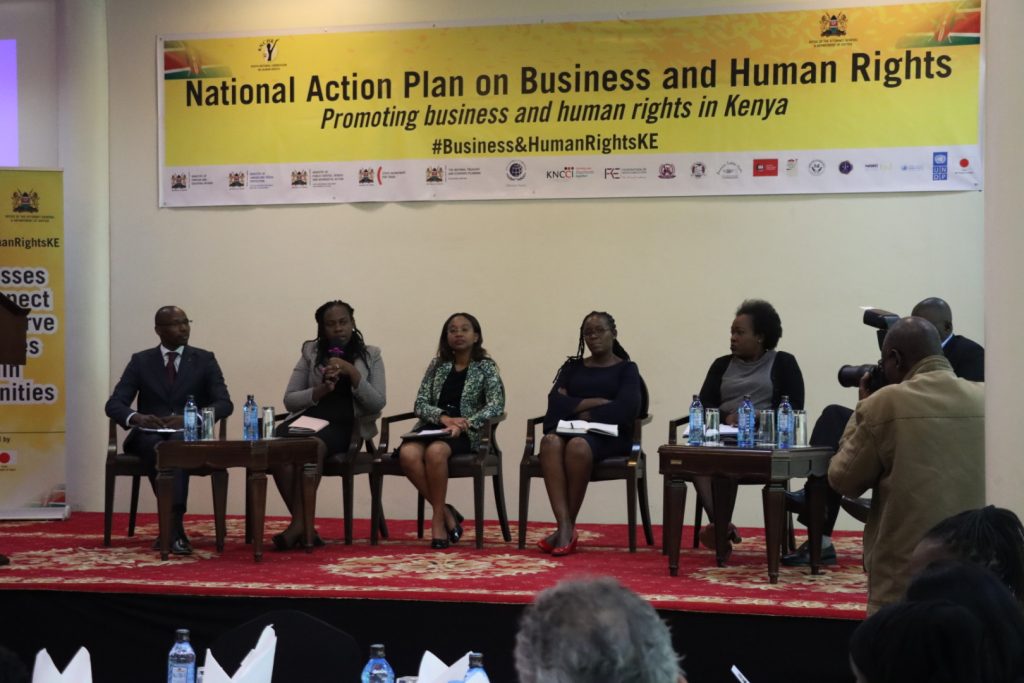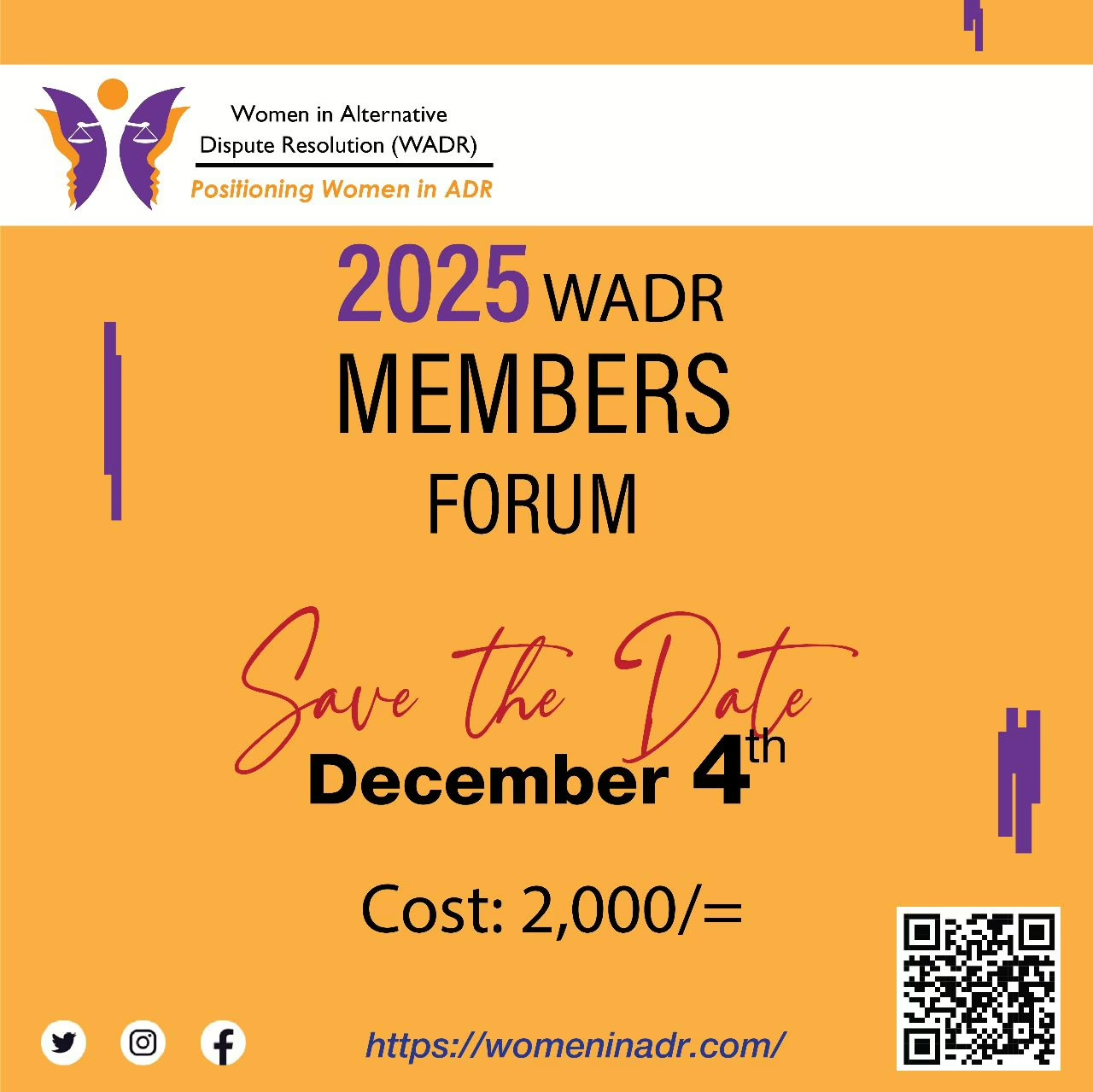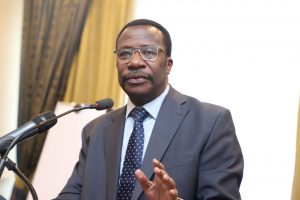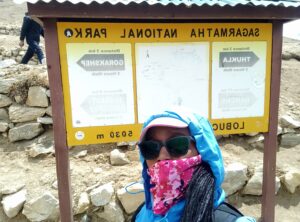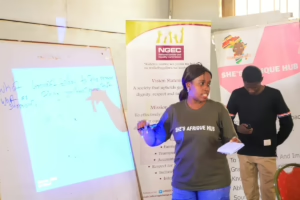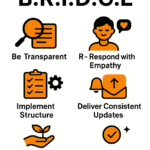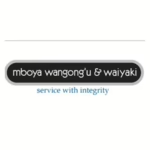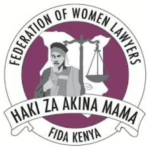Kenya has followed Uganda in being the second country on the continent to implement a National Action Plan on Business and Human Rights.
The launch of Kenya’s National Action Plan on Business and Human Rights (NAP), which took place on May 12 at The Panari Hotel in Nairobi, brought to a close a seven year process towards the implementation.
Kenya’s NAP will see the government, together with stakeholders, seek to implement and enforce all manner of business human rights issues ranging from corruption, women and gender rights, children’s rights, environment and climate change, finance, forced labour among others.
“In order for us to do business sustainably, we need to also be mindful of our human rights impacts and our human rights duties,” said Thomas Kibunja from the Attorney General’s office during the launch.
The launch sees the country officially domesticate the UN Guiding Principles on Business and Human Rights that was endorsed by the UN Human Rights Council in 2011.
IT'S LAUNCHED!!!!!!!
THE NATIONAL ACTION PLAN ON BUSINESS AND HUMAN RIGHTS 🎊🎉#BusinessandHumanRightsKe pic.twitter.com/rMbgmLK442
— KNCHR (@HakiKNCHR) May 12, 2023
Towards the NAP
UN’s Guiding Principles are founded on three key pillars which define actionable steps for governments and companies so as to prevent human rights abuses in company operations and provide remedies if such abuses take place.
The three pillars revolve around the state duty to protect business human rights, corporate responsibility to respect business human rights and access to remedy where business human rights have been violated.
PROMOTING BUSINESS & HUMAN RIGHTS IN KENYA
Themes of the National Action Plan on Business and Human Rights include:
– Land & Natural Resources
– Environmental Protection
– Access to Remedy
– Revenue Transparency
– Labour Rights pic.twitter.com/cKgOICydXF— KNCHR (@HakiKNCHR) May 12, 2023
According to the National Action Plans on Business and Human Rights website, Kenya initiated the process in 2016, following a launch of the process by the Office of the Attorney General.
Noway’s Ambassador to Kenya, H.E. Gunnar Andreas Holm congratulated Kenya for the swift process it has taken the country in implementing the NAP.
“I am very impressed by the seriousness and the speed this has taken… it took almost 20 years before the Act was passed in parliament [in Norway],” said Ambassador Holm.
In 2019, the AG of Kenya first published the NAP, which was then revised and presented to the Cabinet in 2021.
At this stage, according to the global NAPs website, Kenya’s National Plan was considered “adopted’. It was then received in Parliament in the same year.
“There were major regulatory advances throughout 2022 seeking to put human rights at the heart of business & fundamentally change the calculus of risk in boardrooms across the globe,” said Norway’s Ambassador to Kenya.
The process has included government, private sector, and NGOs in collaboration with the Kenya National Commission on Human Rights (KNCHR) and the NGO Kenya Human Rights Commission (KHRC).
Funding for the process of implementation of the NAP was by the Kenyan Government, the Kingdom of Norway and the United States’s Bureau of Democracy, Human Rights and Labour.
Rest of Africa?
Kenya’s neighbour to the west, Uganda, launched their own NAP in October of 2021.
Other African countries, including Ghana, Liberia, Morocco, Nigeria, Tanzania, Tunisia and Zambia are also in the process of developing their own NAPs.
Mozambique and South Africa are also looking into domesticating the UN Guiding Priniciples on Business and Human Rights, albeit through non-state initiatives.
[Cover photo: KNHCR/Twitter]


